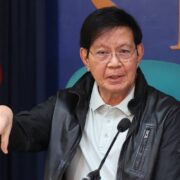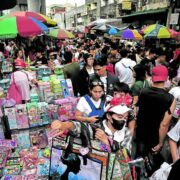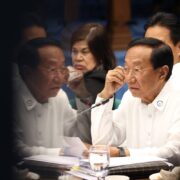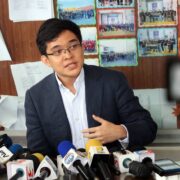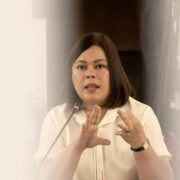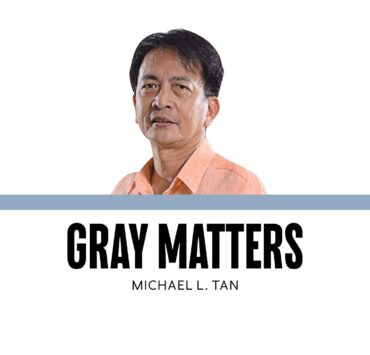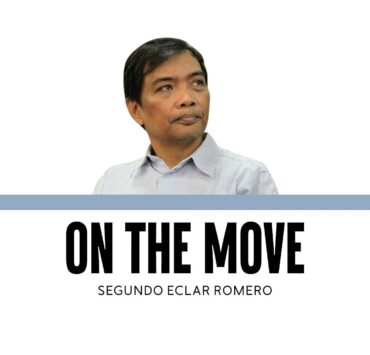Trillion Peso March: Quo vadis?
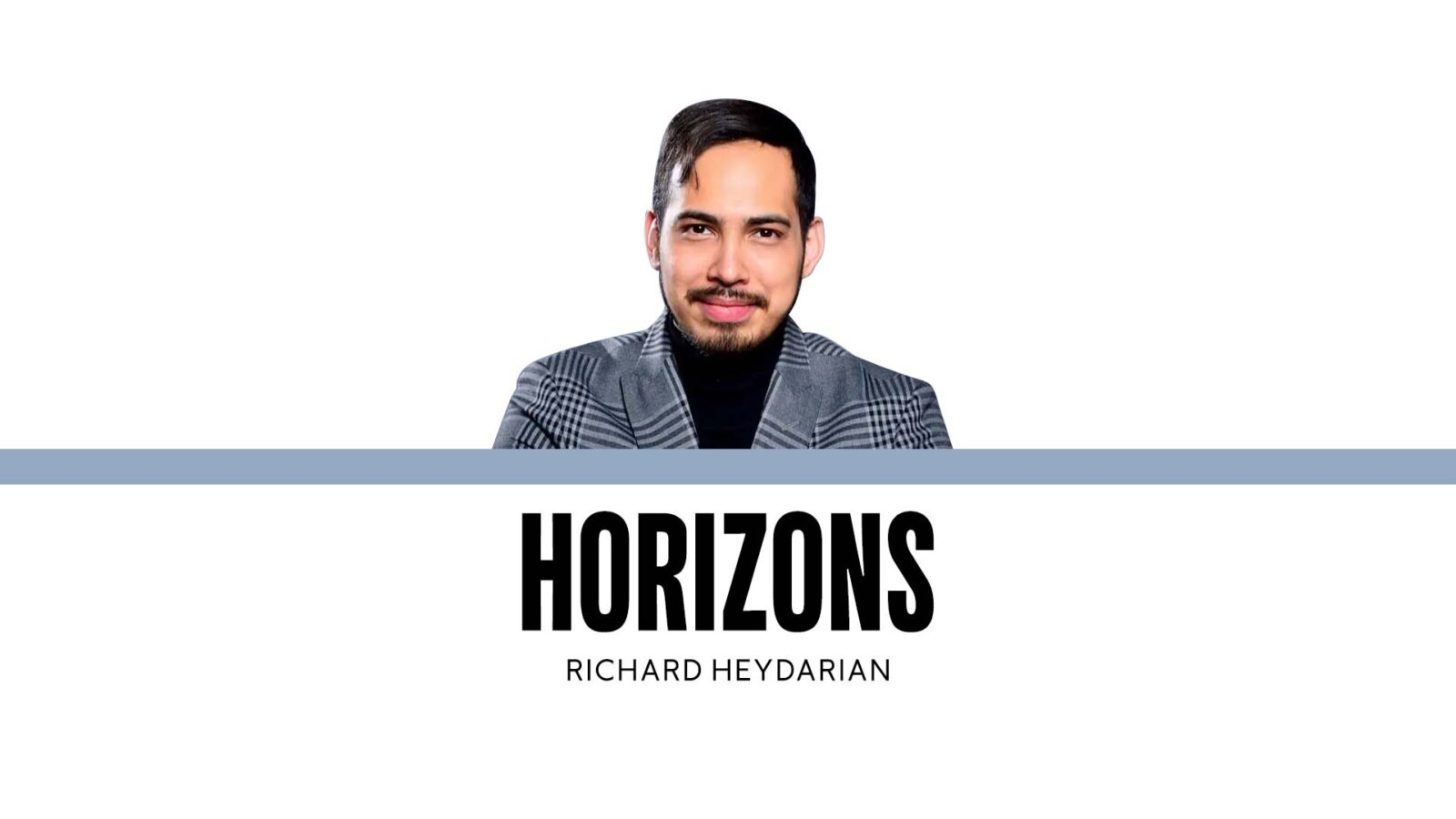
It was a flood of indignation and hope woven into a singular tapestry of democratic hope—an incoming stream of humanity expressing its discontent with a broken status quo. As the scorching sun gave way to a melancholic sky and dark clouds gathered over the near horizon, a whole nation yearned for transformative change.
The last time I saw this many protesters peacefully engulfing the heartlands of a megapolis was at the height of the Hong Kong protests in 2019. Back then, I wondered, with a tinge of pessimism, if we would ever manage to muster a similar show of force at home in this still-young century. After all, a climate of fear and despondency had poisoned the wellspring of democratic life halfway into the Rodrigo Duterte presidency, which oversaw the massacre of thousands of citizens, legal coups against top magistrates and media networks, and a frightening strategic flirtation with authoritarian superpowers. Trolls, paid propagandists, and Duterte’s impresarios had taken over the public space with a toxic combination of disinformation, uncouth entertainment, and brazen threats against critics. Then came the pandemic, which eviscerated Hong Kong’s democratic hopes and allowed opportunist populists, such as Duterte, to silence opposition in the name of public safety.
Half a decade later, however, Philippine democracy is getting a booster shot. Peering into the abyss of his twilight years in office, President Marcos has opened up the proverbial Pandora’s box by not only admitting widespread corruption in government but also cheering on ongoing efforts to extract accountability. Outraged by what many see as the “biggest corruption scandal” in Philippine history, with up to a trillion pesos likely wasted on shoddy infrastructure projects, people are understandably asking for blood. Heads will have to roll to placate an aggrieved populace, which has been grappling with the rising cost of living in recent years. But, dear reader, make no mistake: corruption has become systemic, affecting the whole body politic. In medical parlance, what’s happening to the country’s democracy is akin to multiple organ failure, thus necessitating sustained, simultaneous, and significant reforms on all fronts.
As we repeatedly warned, dark forces have been intent on weaponizing the ongoing corruption scandals. Duterte-aligned and other nefarious forces clearly lacked numbers and coherence, but managed to grab headlines by engaging in less-than-peaceful antics during the protests in Mendiola. After all, enervating, if not toppling, the current government would automatically aid a Duterte comeback, since the Vice President, who has just survived an impeachment, is the constitutionally mandated successor to the incumbent. Even more insidiously sinister forces, however, are happy to overturn our constitutional democracy altogether in favor of a military junta-cum-”revolutionary government.” The ”Trillion Peso March” organizers strategically isolated these dark forces, deftly preventing them from hijacking the anti-corruption movement.
But what about the President? Mr. Marcos’ exact motivations are inscrutable. On one hand, he has clearly felt the heat following a dismal midterm election performance and flagging approval ratings. Meanwhile, his family and cronies have been scoring multiple legal victories in the past year concerning ill-gotten wealth cases, allowing the Marcoses to hold onto their status as the ultimate ”nepo kids” in Philippine politics. Yet, it’s also possible—as multiple people in his inner circle have shared with the author—that he is also ”growing into his role”: namely, coming to grips with the reality of our broken politics and the need to do something drastic that goes beyond performative rebranding.
And here enters the crucial need for progressive-liberal forces to consolidate into a ”third force”—one capable of holding the Dutertes at bay, keeping the Marcoses’ feet close to the fire, and crucially providing a blueprint for structural reform.
Systemic corruption cuts across all dimensions of our politics, beginning with massive vote buying during elections, which incentivizes grand theft and pork barrel insertions among politicians and their accomplices—from contractors to government officials and even sections of the civil society. Election financing reforms, political party development, participatory budgeting and monitoring, and sustained media scrutiny will have to be part of a broader reform package. What we need is nothing less than a ”refolution,” a set of sustained and systematic reforms that, over time, revolutionize our politics. It will be an uphill battle, but the alternative is either chaos or total corrosion of our politics.



